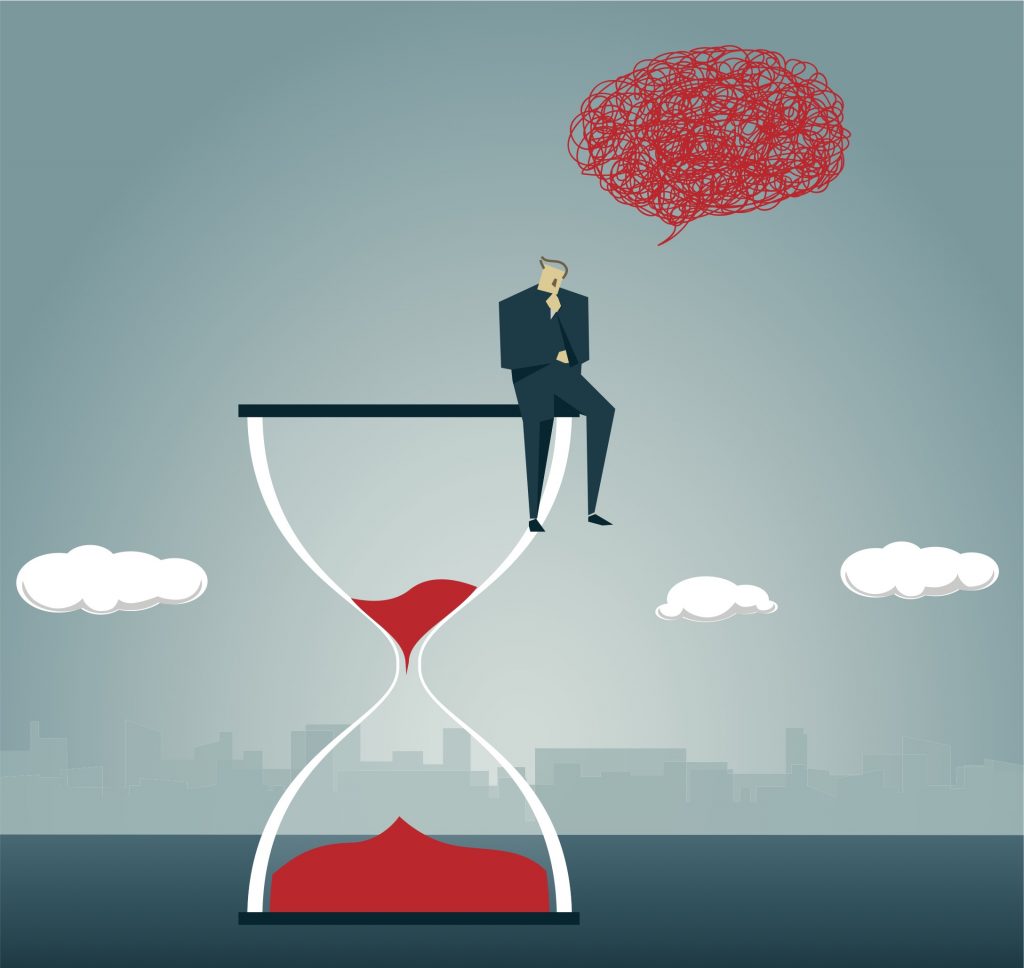Stephen Halloran from Lawtons Solicitors has kindly put together this guest post for us. Stephen is a specialist criminal defence solicitor, with over 20 years’ experience in criminal law. He helps his clients to navigate through complex litigation, presenting the best possible defence.

Stephen handles some of Lawtons most challenging cases, with an increasing emphasis on serious sexual offences and defending historic sex offences. Lawtons say that clients appreciate Stephen’s pragmatic, supportive and sensitive manner and that his high-profile client work is undertaken in a discreet and understanding way. Let’s hear more about his work and how the current situation is impacting on the criminal justice system…
It is important to note that as a specialist criminal law firm in London, our working practices have been upended because of lockdown, both as a collective and on an individual level.
My own personal approach has altered in a way I did not think possible this time last year. The changes that my day-to-day routine has undergone since I started practising as a lawyer over two decades ago are huge.
I tend to spend my days either in court, at police stations, communicating with clients, or catching up on paperwork. I am not based in my office everyday and can have weeks where I am in a different location each day. In this sense, there is no one day the same for me, as the cases that I deal with as part of my job can be very unpredictable. For example, a client could be arrested overnight, and suddenly everything we had planned for that week changes.
One key element that has become more prominent is the use of video technology to conduct hearings, which is now well established and used for court hearings at all levels, from the Magistrates Court to the Court of Appeal. I have covered court hearings from both at home and in the office (we have set up virtual Courtrooms to assist with this), as well as locations a significant distance away. We have all become accustomed to the unique approach and, apart from the odd interruption from pets or the doorbell ringing, the hearings follow much of the same pattern. The lawyers will discuss issues between themselves beforehand (via email as opposed to a face-to-face discussion), so that as many issues as possible are ironed out before the actual hearing. The court will make decisions and ensure that all parties understand what has been decided.
Despite many hearings taking place virtually, I still attend court in situations when it is in the best interest of my clients for me to be present. For example, involved or sensitive hearings require attendance. Generally, administrative hearings are well served by remote hearings, whereas substantive hearings are not. A judgement call is made on a case by case basis as to which type of hearing would be most appropriate, and this decision is made in conjunction with the client. Trials require personal attendance, and the judicial guidance is clear on this.
For me, the ability to cover cases at different court centres on the same day has allowed me to save a lot of time, and made my daily routine less environmentally costly. It ensures continuity of representation, and with a fairly high level of certainty when it comes to time slots, the efficiency of everyone involved is improved.
The real problem with lockdown has been the huge increase in cases being delayed. It was already an issue before lockdown but has become much worse with the total shut down in many court centres. It will require a huge level of additional investment to stabilise the problem. This investment is required over a number of years in order for the desired results to be achieved.
My day during the pandemic requires me to be understanding of the ongoing anxiety experienced by those impacted by these delays. For those accused of criminal offences, having a trial date within a reasonable period of time should be a basic right. Despite this, we are already seeing trials fixed into 2022 and beyond. Complainants and witnesses will also have the ongoing stress of a court date, with the additional risk of a memory fading, which could have a crucial impact on the case.
The emergency measures that have been put in place to try and maintain some semblance of a functioning criminal system have brought into focus the longer term benefits for the system. The use of video technology will have a role to play in the future, but this must be alongside additional investment in order to clear the substantial backlog of cases. The savings in resources that will come with conducting future administrative hearings remotely should not be used to further erode the criminal justice system. We have seen significant cuts since 2010, which has played a major role in the backlog we are currently experiencing. Now is the time to invest, and video hearings will have a part in that but they will not resolve the chronic issues faced by the courts.
Something about my job which might surprise people is that it’s not always as exciting as they may think, as most days are nothing like what people see on TV dramas. Across the more mundane and the more exciting days, criminal law has its difficulties as well as its rewards, but fundamentally you are always dealing with people’s lives.



